Praise for The German Girl
This fascinating novel of the tragic St. Louis, the ship of rejected humans, is a brilliant entre into the souls and family complexities, the terrors, ardors, endeavors, and hopeless valor of people who have been written off not only by a tyrant, Hitler, but who have been rejected as a nuisance by a self-absorbed world. Over the years, and in a new, ambiguous age of people in peril and adrift on the worlds seas, this magnificent novel bespeaks this eternal injustice, as well as the unexpected and intricate tragedies of its powerfully imagined characters.
Thomas Keneally, bestselling author of Schindlers List
An unforgettable and resplendent novel which will take its place among the great historical fiction written about World War II. Hannah Rosenthal will remain in your heart, and her determination to tell the story of what she saw, lived, and lost will change the way you look at the world.
Adriana Trigiani, bestselling author of The Shoemaker's Wife
A vital tribute to liberty, love, and justice... one of the most fascinating and extraordinary literary events of recent times.
Zo Valds, internationally bestselling author of The Weeping Woman
Powerful and affecting... that sheds light on a sorrowful piece of Holocaust history.
Kirkus Reviews
I found myself unable to put the book down. I was able to identify with what my parents must have experienced first in Germany and later on the St. Louis ... beautiful and heartbreaking.
Judith (Koeppel) Steel, survivor of the St. Louis
It conveys the true essence of the tragedy of the St. Louis ... [it was] so true to our many life experiences.
Eva (Safier) Weiner, survivor of the St. Louis
Profound and moving... This novel touched me personally, especially because it is written from the point of view of a girl, just like me, on the ship. This tragedy, ignored for so many years, contains a lesson the world must learn and never forget: compassion for refugees.
Ana Maria (Karman) Gordon, survivor of the St. Louis
Thank you for downloading this Atria Books eBook.
Join our mailing list and get updates on new releases, deals, bonus content and other great books from Atria Books and Simon & Schuster.
C LICK H ERE T O S IGN U P
or visit us online to sign up at
eBookNews.SimonandSchuster.com

An Imprint of Simon & Schuster, Inc.
1230 Avenue of the Americas
New York, NY 10020
www.simonandschuster.com
This book is a work of fiction. Any references to historical events, real people, or real places are used fictitiously. Other names, characters, places, and events are products of the authors imagination, and any resemblance to actual events or places or persons, living or dead, is entirely coincidental.
Copyright 2016 by Armando Lucas Correa
Originally published in Spanish as La nia alemana.
English language translation 2016 by Armando Lucas Correa.
English language translation by Nick Caistor.
All rights reserved, including the right to reproduce this book or portions thereof in any form whatsoever. For information, address Atria Books Subsidiary Rights Department, 1230 Avenue of the Americas, New York, NY 10020.
First Atria Books hardcover edition October 2016
 and colophon are trademarks of Simon & Schuster, Inc.
and colophon are trademarks of Simon & Schuster, Inc.
For information about special discounts for bulk purchases, please contact Simon & Schuster Special Sales at 1-866-506-1949 or .
The Simon & Schuster Speakers Bureau can bring authors to your live event. For more information or to book an event, contact the Simon & Schuster Speakers Bureau at 1-866-248-3049 or visit our website at www.simonspeakers.com.
Interior design by Amy Trombat
Jacket design by Evan Gaffney Design
Jacket image John Lund/Superstock (sea storm); Print Collector/Hulton Archive/Getty Images (Ship); Bob Balestri/E+/Getty Images (Shore)
Author photograph by Hctor o. Torres
Library of Congress Cataloging-in-Publication Data
Names: Correa, Armando Lucas, 1959- author. | Caistor, Nick translator.
Title: The German girl / Armando Lucas Correa ; translated by Nick Caistor.
Other titles: Nia alemana. English
Description: First Atria Books hardcover edition. | New York : Atria Books, 2016. | Includes bibliographical references.
Identifiers: LCCN 2016022443 (print) | LCCN 2016028599 (ebook) | ISBN 9781501121142 (hardcover) | ISBN 9781501121234 (trade pbk.) | ISBN 9781501121241 (eBook)
Subjects: LCSH: Jews, German--Fiction. | Jews--Cuba--Fiction. | GSAFD: Historical fiction
Classification: LCC PQ7392.C667 N5613 2016 (print) | LCC PQ7392.C667 (ebook) | DDC 863/.7--dc23
LC record available at https://lccn.loc.gov/2016022443
ISBN 978-1-5011-2114-2
ISBN 978-1-5011-2124-1 (ebook)
To my children Emma, Anna, and Lucas
To Ana Maria (Karman) Gordon, Judith (Koeppel) Steel, and Herbert Karliner, who were my childrens age when they boarded the St. Louis at the port of Hamburg in 1939
You are my witnesses.
ISAIAH 43:1011

Memories are what you no longer want to remember.
JOAN DIDION
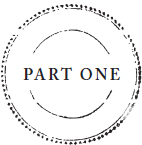
H annah and A nna
BerlinNew York
H annah
Berlin, 1939
I was almost twelve years old when I decided to kill my parents.
I had made up my mind. Id go to bed and wait until they fell asleep. That was always easy to tell because Papa would lock the big, heavy double windows and close the thick greenish-bronze curtains. Hed repeat the same things he said every night after supper, which in those days had become little more than a steaming bowl of tasteless soup.
Theres nothing to be done. Its all over. We have to leave.
Then Mama would start shouting, her voice cracking as she blamed him. Shed pace the whole apartmenther fortress at the heart of a sinking city; the only space shed known for more than four monthsuntil she wore herself out. Then shed embrace Papa, and her feeble moans would finally cease.
Id wait a couple of hours. They wouldnt put up any resistance. I knew Papa had already given up and was willing to go. Mama would be more difficult, but she took so many sleeping pills, shed be fast asleep, steeped in her jasmine and geranium essences. Although she had gradually increased the dose, she still awakened during the night crying. I would rush to see what had happened, but all I could make out through the half-open door was Mama inconsolable in Papas arms, like a little girl recovering from a terrible nightmare. Except that, for her, the nightmare was being awake.
Nobody heard my cries anymore; nobody bothered about them. Papa told me I was strong. I would survive whatever happened. But not Mama. The pain was gnawing away at her. She was the child in a house where daylight was no longer allowed. For four months, she had been sobbing each night, ever since the city was covered in broken glass and filled with the constant stench of gunpowder, metal, and smoke. That was when they started planning our escape. They decided wed abandon the house where I was born, and forbade me to go to school, where nobody liked me anymore. Then Papa gave me my second camera.
Next page

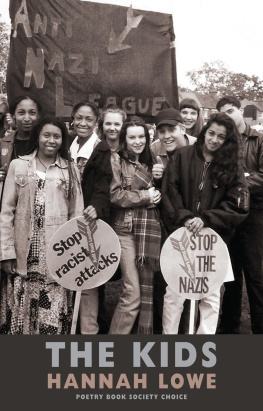
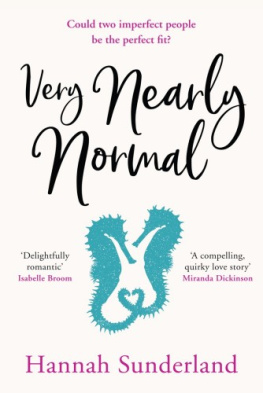


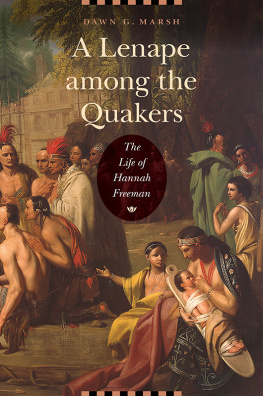

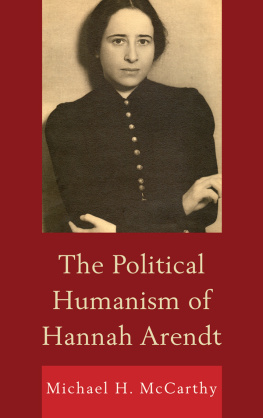
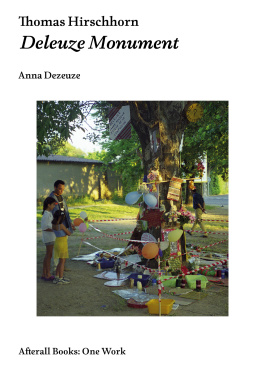
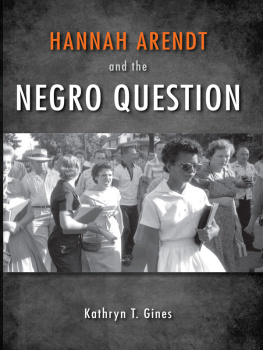



 and colophon are trademarks of Simon & Schuster, Inc.
and colophon are trademarks of Simon & Schuster, Inc.
